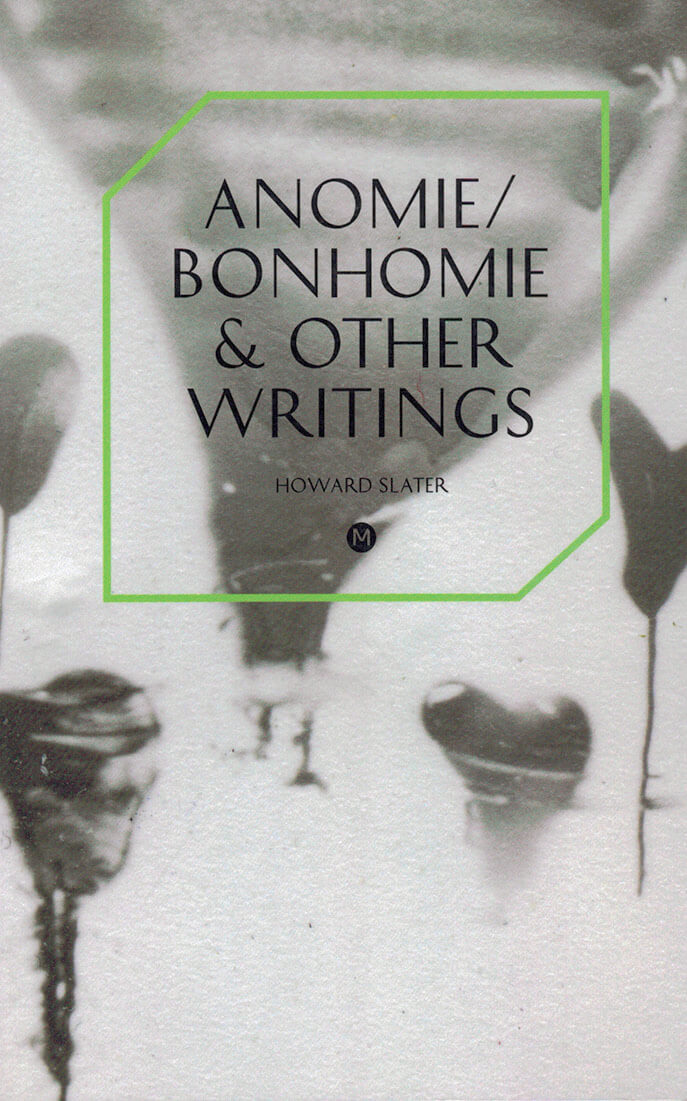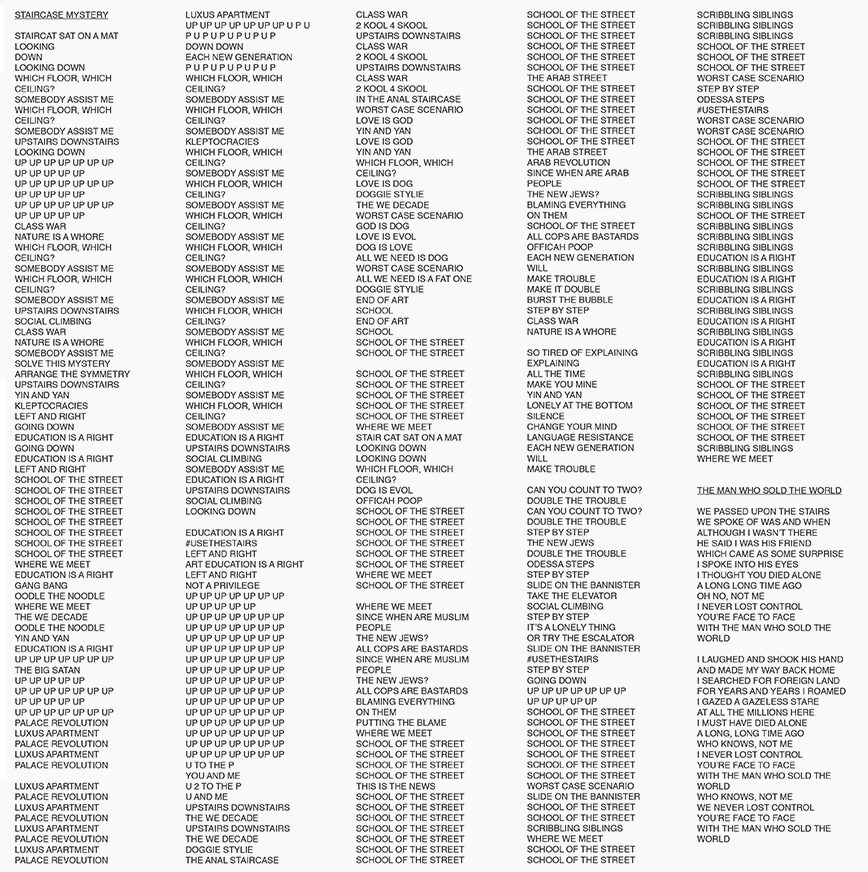
Anomie/ Bonhomie & other writings
In this collection of writings, Howard Slater improvises around what Walter Benjamin could have meant by the phrase 'affective classes'. This 'messianic shard' and its possible implications leads Slater to develop a therapeutic micro-politics by way of a mourning for the Workers' Movement and a grappling with the 'becomings of capital'.
The essay 'Anomie/Bonhomie' is the keystone of this book which also features tributary texts and poems drawn from the past ten years. These supplementary texts approach such themes as exodus, species-being, surrealist precedents, poetic language and the possibilities for collective 'affective' practices to combat capitalism's colonisation of the psyche.
Language: English







